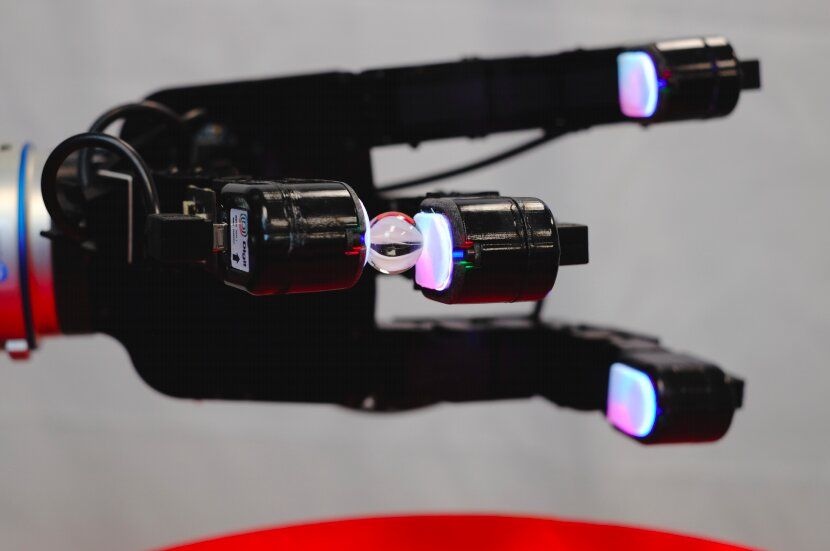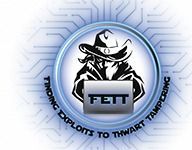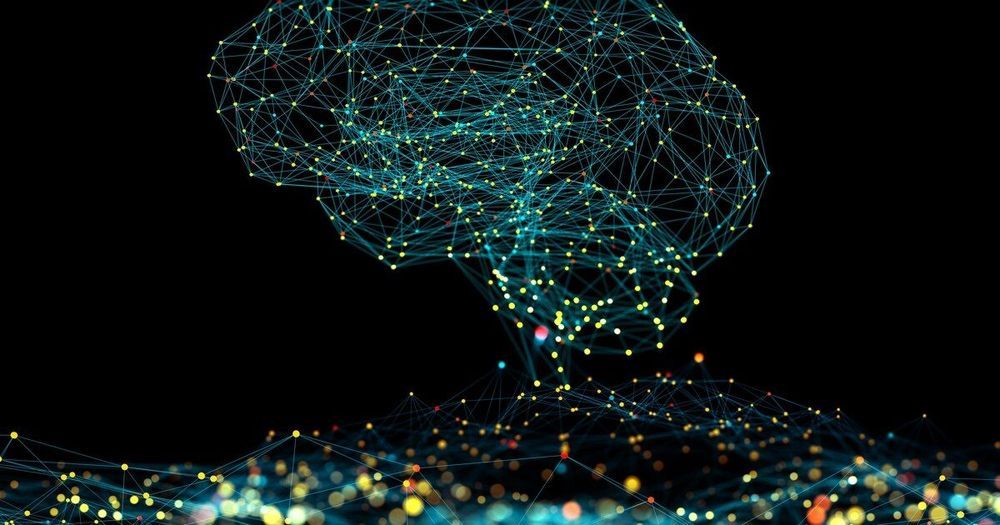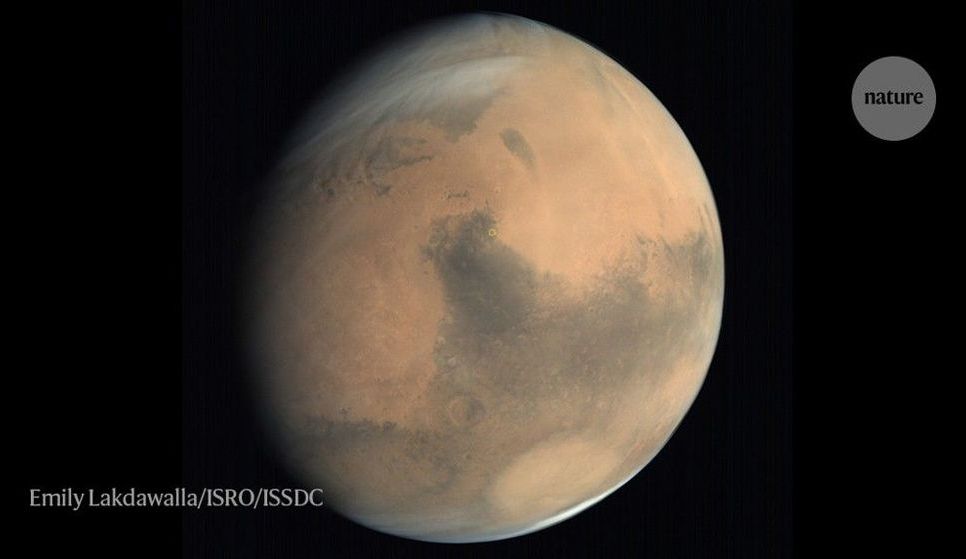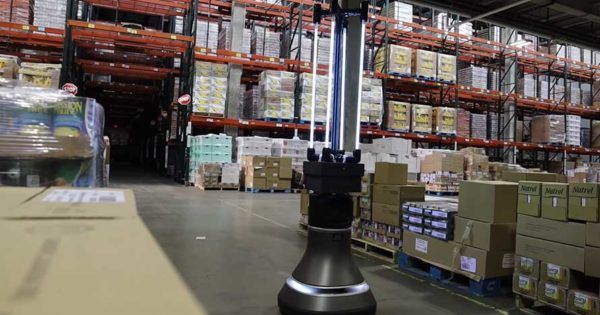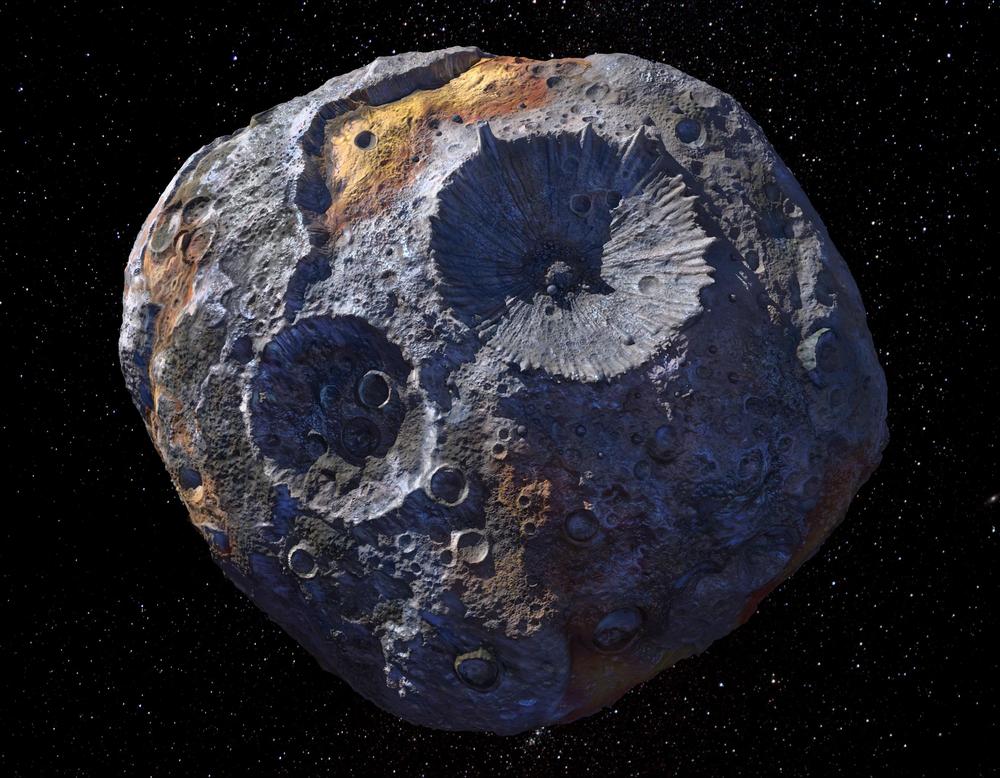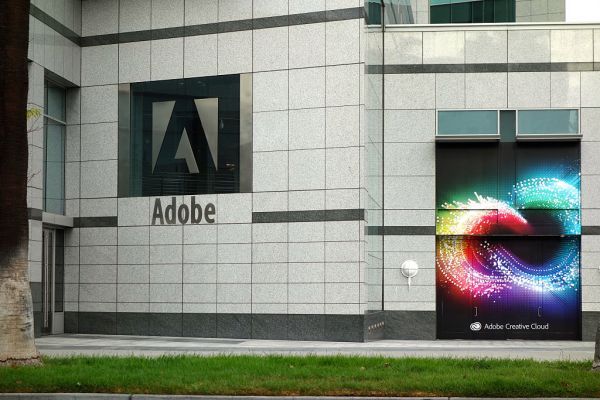To assist humans in completing manual chores or tasks, robots must efficiently grasp and manipulate objects in their surroundings. While in recent years robotics researchers have developed a growing number of techniques that allow robots to pick up and handle objects, most of these only proved to be effective when tackling very basic tasks, such as picking up an object or moving it from one place to another.
High-resolution sensors could enable more advanced robot manipulation capabilities by gathering valuable tactile information that can be used to identify the best strategies for manipulating specific objects. Many existing tactile sensors are highly efficient but expensive to produce, which makes them difficult or impossible to implement on a large-scale; others are inexpensive but with a limited resolution and performance.
With this in mind, researchers at Facebook recently designed DIGIT, a tactile sensor that is compact, affordable, and can also collect high-resolution images. DIGIT, presented in a paper pre-published on arXiv, could facilitate the development of robots capable of completing a greater variety of tasks involving in-hand manipulation.
